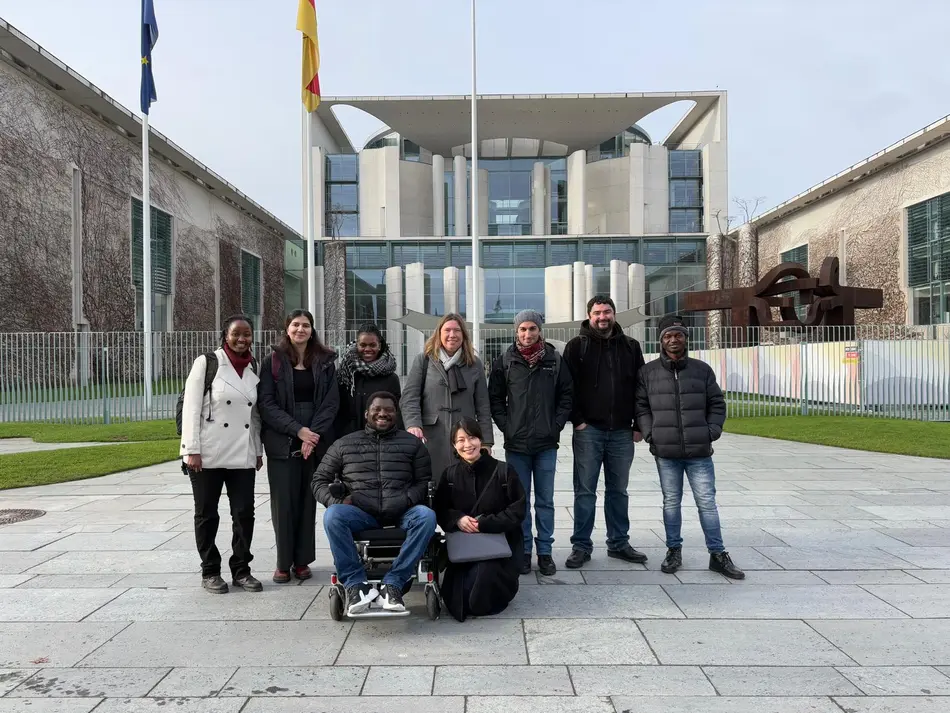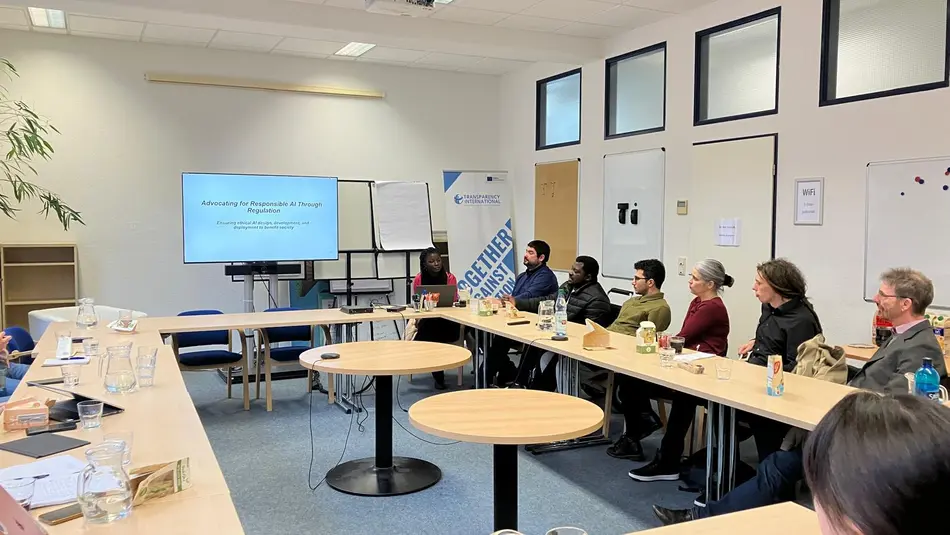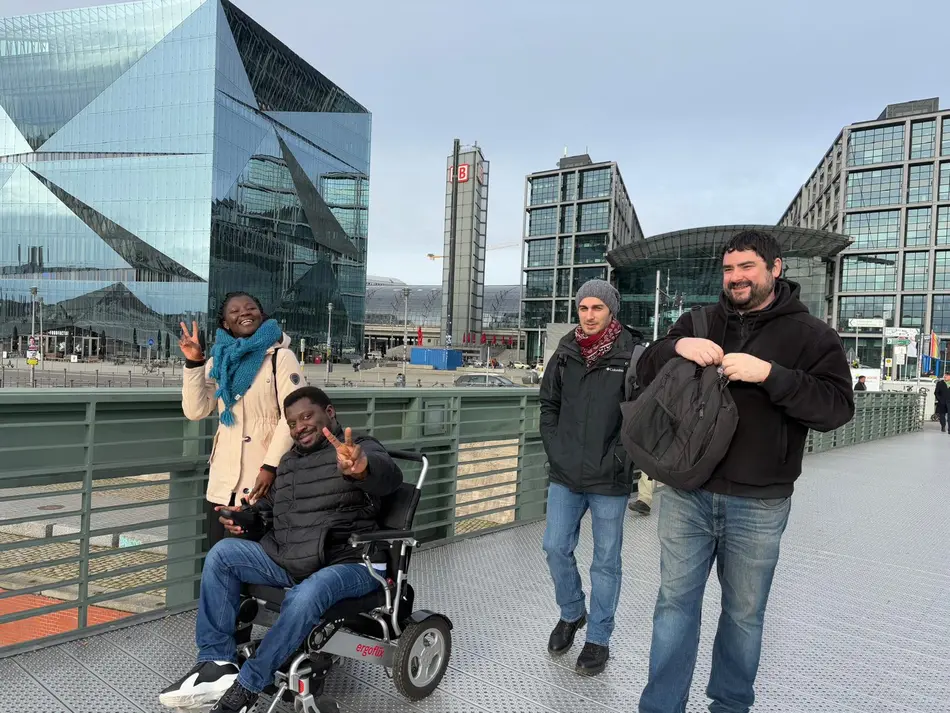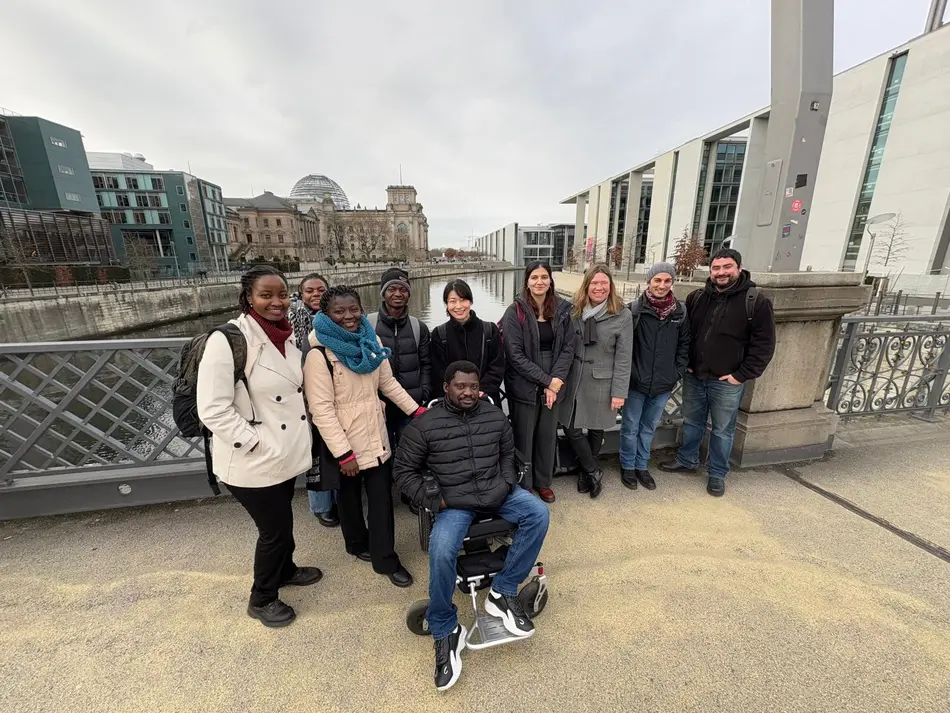Their research delved into how artificial intelligence is reshaping both the operations of CSOs and the communities they serve. While AI offers significant opportunities to amplify advocacy, improve operational efficiency, and expand service reach, it also brings challenges such as algorithmic bias, digital exclusion, and ethical uncertainties.
The students identified three key areas where CSOs can take action to ensure AI is used for the common good:
- Capacity Building– Increasing AI literacy among CSOs and their communities is essential for fostering meaningful participation in the digital age.
- Regulatory Advocacy– CSOs must push for ethical frameworks and policies that promote transparency, accountability, and the protection of human rights.
- Cross-Sector Collaboration– Ensuring that AI development prioritizes social justice, inclusion, and equity—rather than just commercial interests—requires partnerships across sectors.
Ultimately, the research concluded that CSOs should not merely be passive observers of technological change. They have a vital role in shaping AI to reflect the core values of civil society: empowerment, equity, and social good.
The Brandt School is proud of the students’ thoughtful work on this timely issue, and we’re grateful to the International Civil Society Centre for providing a platform to share their insights.





